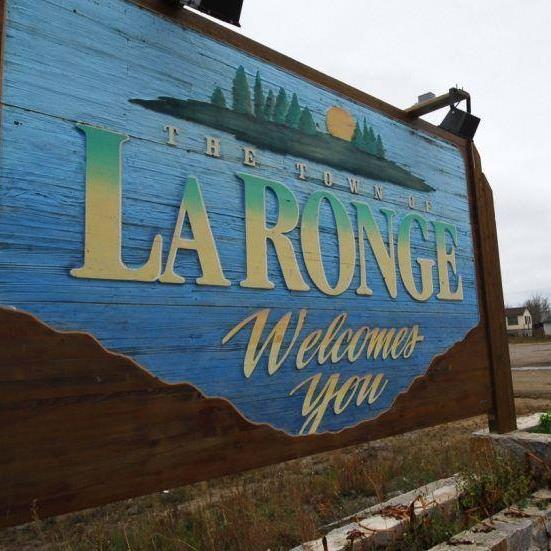Approximately seven kilometres of walking trails in La Ronge received provincial and federal funding so they can be made accessible year-round.
These additions include hard surfaces on areas that would be uncrossable in the summer.
“A lot of the trails are only usable in the winter time, after the ground has frozen because there’s some muskeg-y areas the trails go through,” said Tonia Logan, La Ronge’s recreation facility operations manager. “So we’ll either upgrade them with boardwalks or depending on since the price of lumber is so high, there might be other options we can look at.”
The trails are expected to be wide enough to accommodate strollers and bikes. Other modifications may include stairs in some areas as well as handrails.
Logan said the Town of La Ronge has been wanting to do the development for “some time.”
“We’re seeing a trend in parks and recreation that because of the pandemic people are focusing on their health and wellness and they’re trying to get outside and do more stuff,” she said.
“It is driven by the pandemic, and we do think that trend is going to continue and people will be excited about just being able to get outside and do their own type of recreation and leisure.”
The town will be working in partnership with the Boreal Outdoor Recreation Association (BORA), which developed those trails.
Before a timeline can be set on development, Logan said the town will first begin conversations with Métis communities to ensure they won’t infringe on their land. Once that’s completed, development will begin.
Post-development, Logan said the town will look at developing natural trails connecting to the main trail.
“There’s other trails, natural trails, that people have used in the community just to get to their community, to the school, or their community and the hospital,” she said. “The natural trails that people made themselves, building on those and making them safer.”
The trail upgrades are being funded as part of the new COVID-19 Resilience Stream of the Investing in Canada Infrastructure Program.
Through the program, the federal government is supplying $96,000, the provincial government is supplying $80,000, and the town will be responsible for supplying $64,000.
